“See if you can spot this one,” Eric Clapton told the small audience in a Windsor television studio in January 1992, just before he began playing a dramatically different arrangement of one of his signature songs. Three seconds into the slower but still somewhat identifiable version of the opening riff of his 1970 Derek and the Dominos classic “Layla,” there was a small murmur of recognition in the audience and one guy, eager to signal to Clapton that he indeed spotted this one, yelled “Yeah!” 30 seconds later, there was a bigger cheer after Clapton sang the first line, and another small cheer when he got to the chorus.
More from Spin:
- Iggy Pop, Jack White Say ‘Hey! Ho!’ To CBGB Festival
- The Vernon Spring Finds Clarity in Haze
- Pearl Jam Revisit Vintage Songs For ‘The Last Of Us’
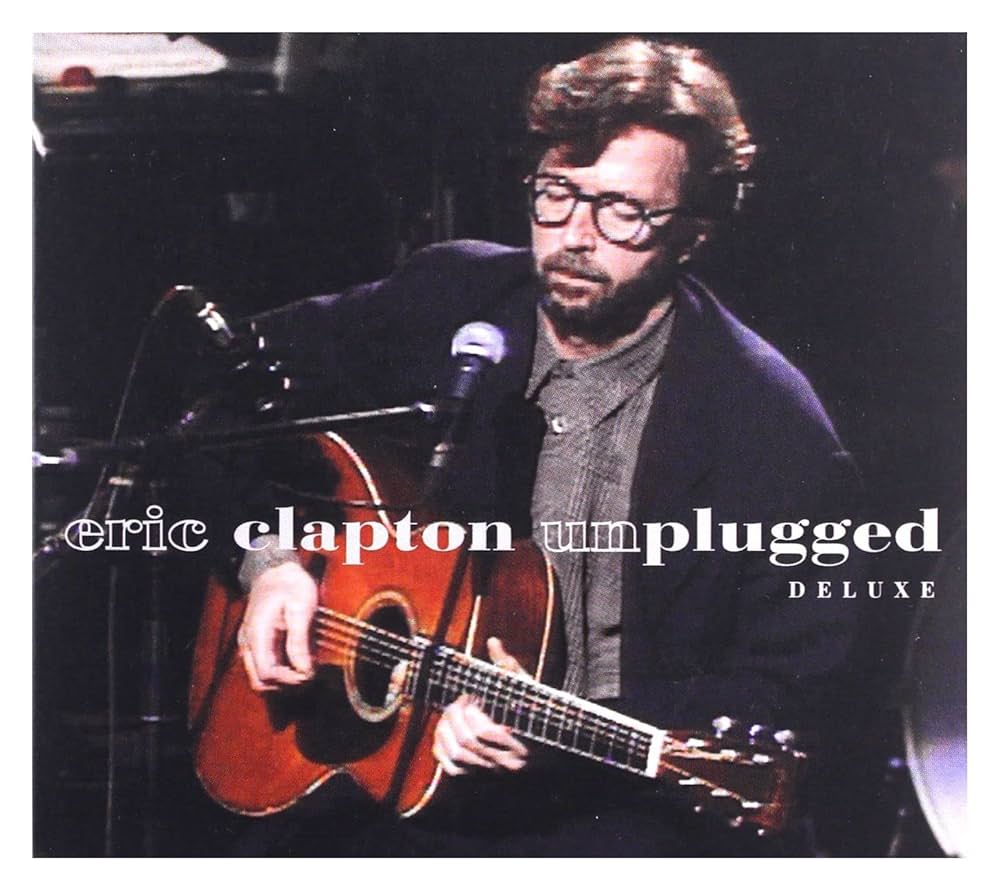
When MTV Unplugged debuted in 1989, the acoustic concert series was primarily a showcase for smaller acts, and the first episode was split between Squeeze, Syd Straw, and Cars guitarist Elliot Easton’s solo work. Over the next couple of years, however, the series attracted bigger names like Aerosmith and Paul McCartney while helping raise the profiles of new bands like Pearl Jam, becoming the most popular prestigious outlet for live music on television.
Clapton’s appearance had the highest ratings of any Unplugged episode when it first aired in March 1992. And while the British guitarist was reluctant to release the performance on CD—he’d just released an electric live album, 24 Nights, in October 1991—Clapton eventually relented, and his Unplugged album, released in August ’92, was a blockbuster.
Eric Clapton’s Unplugged eventually sold 26 million copies worldwide, including over 10 million in the U.S. alone. It’s the biggest live album of all time, overshadowing past behemoths like Frampton Comes Alive! and Bruce Springsteen’s Live/1975-85. Unplugged also won three Grammys in 1993, becoming only the third live album to win Album of the Year (Clapton also played on one of the two previous winners, George Harrison’s 1971 release The Concert for Bangladesh).
An expanded 90-minute version of the episode, Eric Clapton Unplugged… Over 30 Years Later, was released in select movie theaters in January. And on May 9, Clapton is releasing Unplugged: Enhanced Edition, a double CD featuring the remixed and remastered album with never-before-heard interviews with the guitarist from the day of the taping. Listening back to the album that was once ubiquitous both in pop culture and in my mother’s Delaware condo, however, I thought about how much Clapton’s once-towering place in the rock canon has shrunk in the last 30 years.
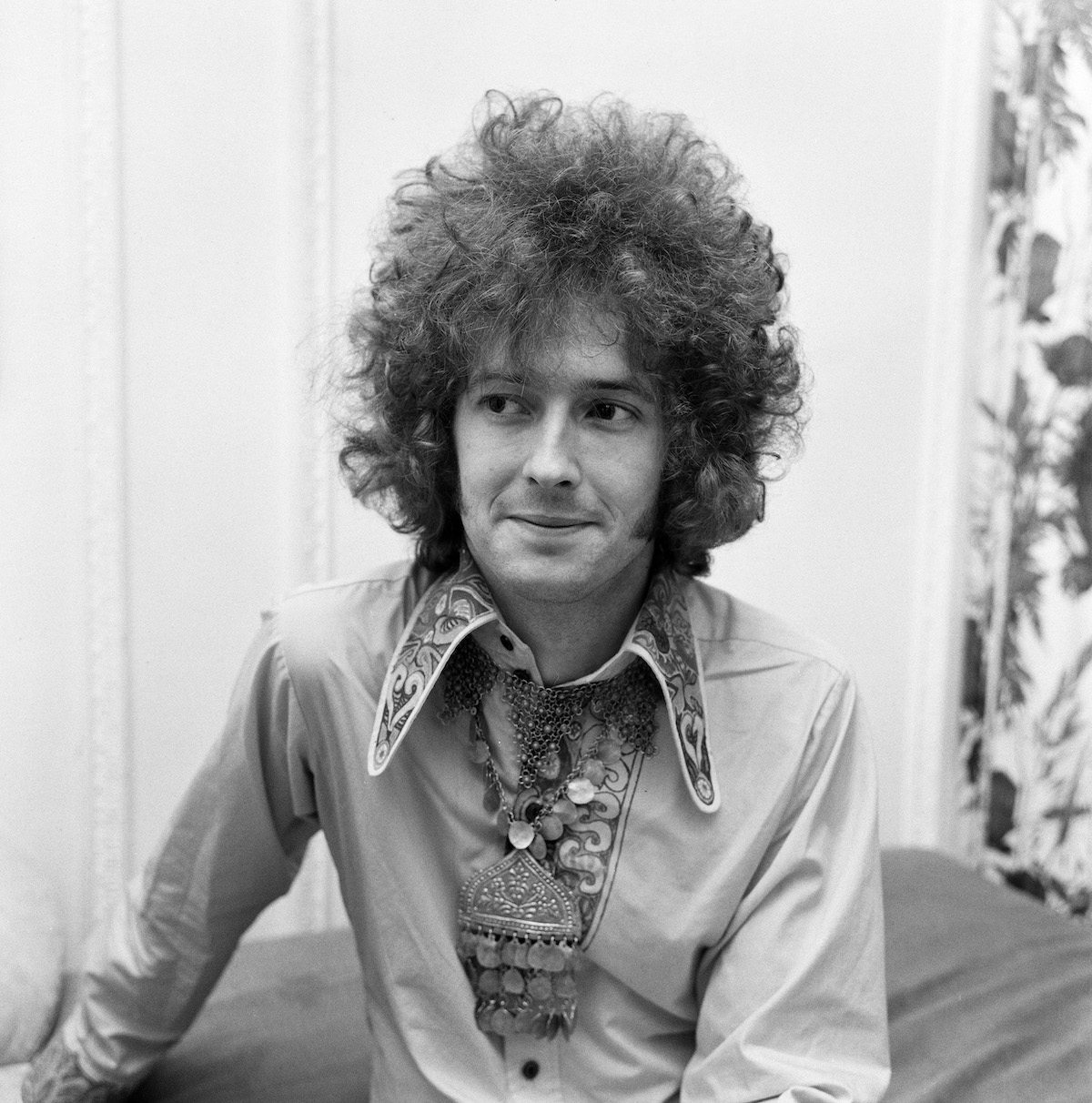
I don’t remember what grade I was in, but I was in elementary school in the early ’90s one day when my fellow students and I had a classroom activity in which we built structures by gluing sugar cubes together. As a nascent music geek, I decided to make a wall and write the words “CLAPTON IS GOD” on it, recreating the famous graffiti scrawled on a wall in London in the mid-’60s. Clapton was a member of the Yardbirds at the time, and that graffiti slogan became part of the British guitarist’s profile legend as he went on to make classics with Cream, Blind Faith, Derek and the Dominos, and as a solo artist.
Now, I didn’t think Clapton was God. Even at that young age, I preferred Jimi Hendrix, and when I listened to Clapton’s guitar solos, I found him a little boring compared to flashier contemporary lead guitarists I loved like Slash and Mike McCready. These days, I hold his influences like Buddy Guy and B.B. King in higher esteem than Clapton, and if I want to listen to a great ’70s record by a white blues guitarist, I’m more likely to reach for something by Duane Allman or Lowell George. But as a prepubescent kid, I was already obsessed enough with rock music, and conversant enough in my Boomer parents’ favorite oldies, that I was familiar with Clapton’s reputation and the “CLAPTON IS GOD” wall, more as a meme than a belief system.
Clapton’s elite status in the rock establishment continued unchallenged until at least 2000, when he became the first (and still only) person to be inducted into the Rock and Roll Hall of Fame three times: with the Yardbirds, with Cream, and as a solo artist. Slowhand’s grip on the monoculture has noticeably loosened since then, however.
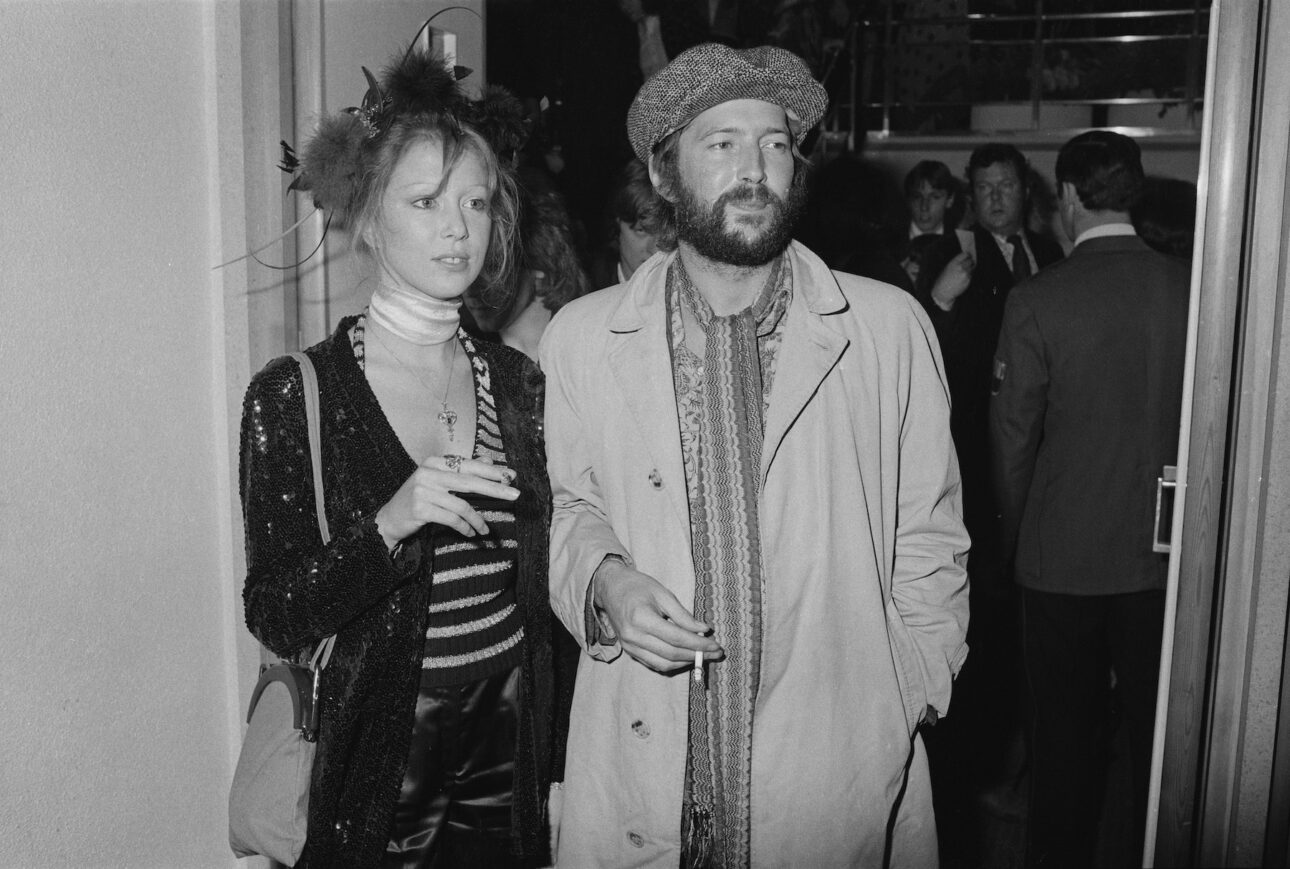
In 1998, VH1 ran a special called The 100 Greatest Artists of All Time, featuring a list that had been voted on by a large electorate of recording artists and music industry professionals. In 2010, VH1 ran the poll again and presented another special with a new version of the list. The Beatles were unsurprisingly No. 1 on both lists, but lots of ’60s acts like the Byrds and the Four Tops dropped off the later edition to make way for younger artists like Radiohead and Beyonce. Eric Clapton was the highest ranked artist on the 1998 list, at No. 15 between Marvin Gaye and John Lennon, who fell out of the top 100 in 2010. Cream fared better, making a small drop from No. 52 to No. 61.
Last month, Consequence published a list of the 100 greatest guitarists of all time that once again served notice of Clapton’s eroding status. Plenty of his contemporaries, including two other Yardbirds alumni, Jimmy Page and Jeff Beck, were in the top 10, while Clapton was down at No. 45.
To be fair, there are reasons for Clapton’s diminished status that aren’t entirely musical. In a drunken onstage rant in 1976, Clapton endorsed far-right British politician Enoch Powell’s anti-immigrant policies while dropping a series of racist slurs. Public disgust at Clapton’s remarks was one of the catalyzing events that led to the formation of the Rock Against Racism movement in the punk scene. And Clapton has continued to court controversy in recent years, recording a series of songs with Van Morrison in 2020 and 2021 that railed against public policies that mitigated the spread of COVID-19 like quarantines, masking, and vaccines.
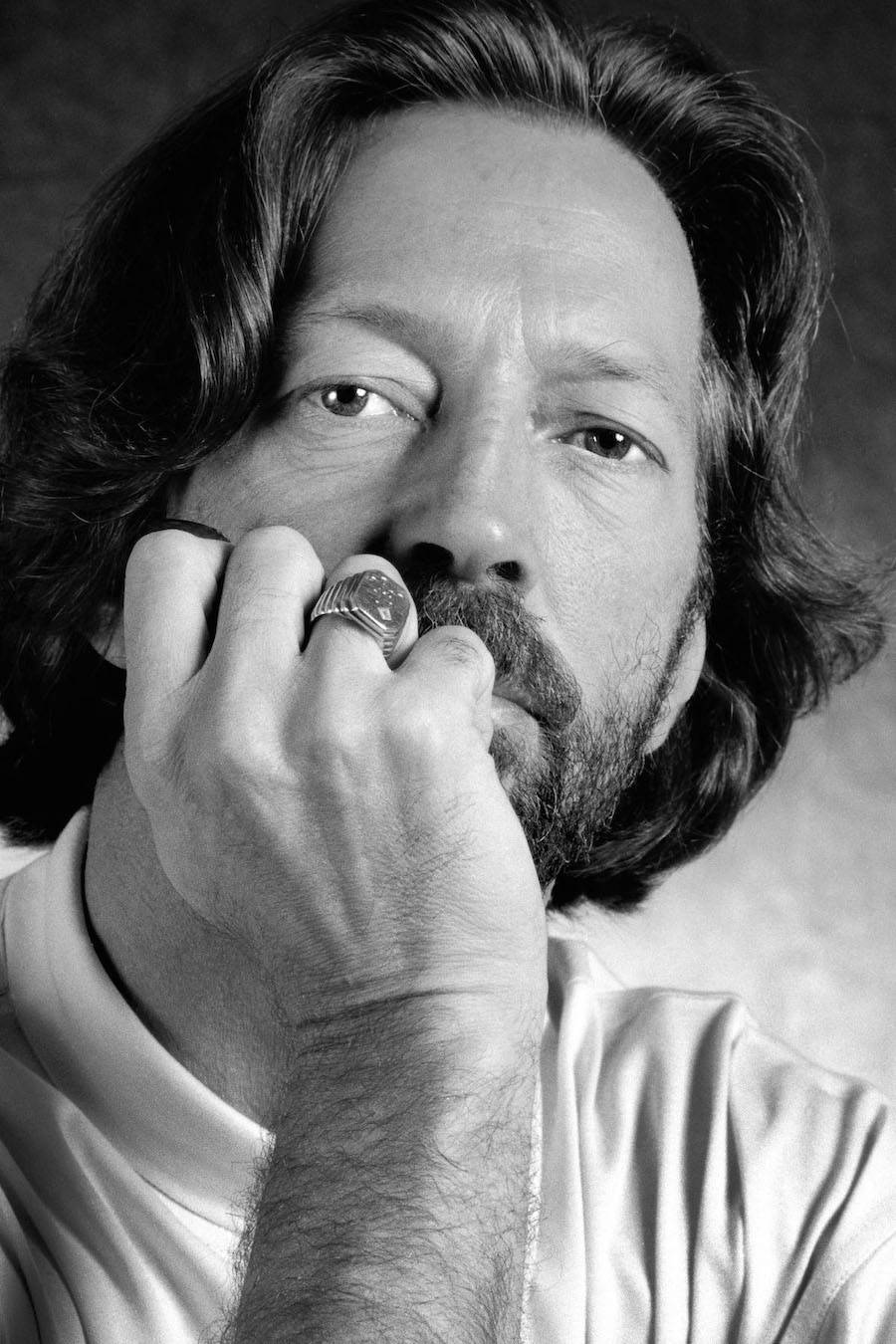
To his credit, Clapton has expressed remorse about his 1976 comments. “When I realized what I said, I just was so disgusted with myself,” he said in the 2017 documentary Eric Clapton: Life in 12 Bars. “I was so ashamed of who I was, I was becoming not only chauvinistic but fascistic too. I was kind of a semi-racist.” Clapton has also shown some progressive politics in other respects, including vocal support of Palestine, and he released the 2024 concert film To Save a Child to raise relief aid for children in Gaza.
The acoustic reinvention of “Layla” was the biggest hit from Unplugged, peaking at No. 11 on the Hot 100, only one spot lower than the original had reached in 1972. But the album also boosted Clapton’s single “Tears in Heaven,” released a few months earlier as part of Clapton’s soundtrack for the otherwise forgotten Jason Patric crime drama Rush. “Tears” had just entered the Top 10 days before the Unplugged episode aired, and peaked at No. 2 soon after, while both the episode and videos excerpted from it were being regularly aired on MTV.
“Tears in Heaven” was Clapton’s mournful response to his 4-year-old son Conor’s accidental death in 1991. That tragedy loomed large over Clapton’s massive success with Unplugged, and softened his image after years of being known for his divisive politics and struggles with alcoholism and addiction.
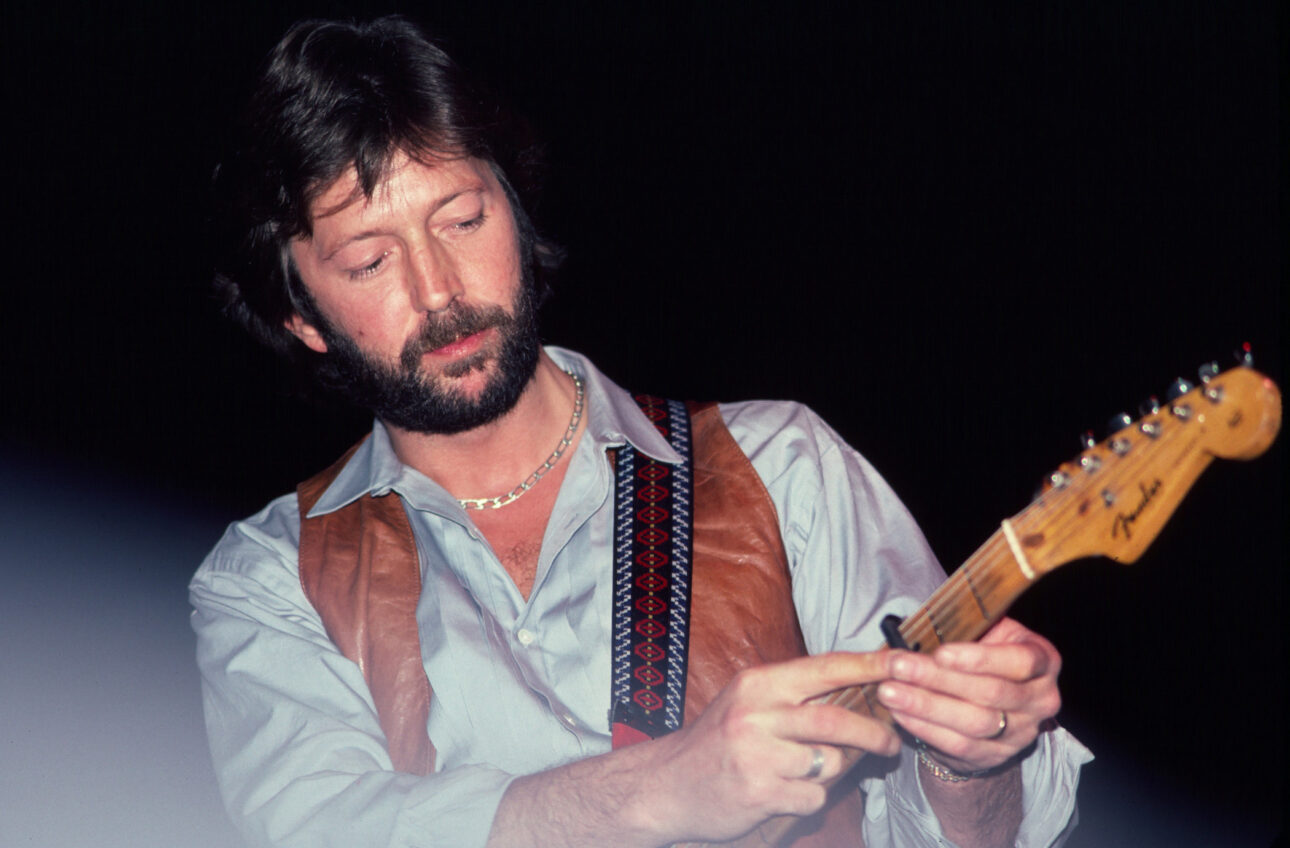
While many artists simply played an acoustic greatest hits set for Unplugged with maybe one cover or obscurity, Clapton went off the beaten path for his episode. More than half of his Unplugged is dedicated to songs by his blues heroes including Bo Diddley, Son House, Robert Johnson, and Muddy Waters. Clapton wasn’t an especially prolific songwriter—he’d co-written only two songs on his most recent studio album at the time, 1989’s Journeyman. So it’s a little surprising that he debuted four previously unreleased original songs during the Unplugged taping, including “Lonely Stranger” and the opening instrumental “Signe.”
Two of the songs left out of the MTV broadcast and original album that were restored in the expanded re-releases, “My Father’s Eyes” and “Circus,” eventually appeared on 1998’s Pilgrim, Clapton’s only proper album of original material released that decade. Pilgrim was an overlong, overhyped, overproduced flop, and those songs already sounded as good as they were ever going to get in that Windsor television studio in 1992.
Also in 1992, Mariah Carey’s cover of the Jackson 5’s “I’ll Be There” became the first and only No. 1 single from an Unplugged performance, and the series remained a pop culture staple for the next several years. Jodeci and 10,000 Maniacs also scored major chart hits with Unplugged covers, another Grammy for Album of the Year went to Tony Bennett’s MTV Unplugged, and Nirvana’s revelatory Unplugged in New York became the most beloved and enduring album to come out of the series, taking on greater significance in the band’s brief career after Kurt Cobain’s 1994 suicide.
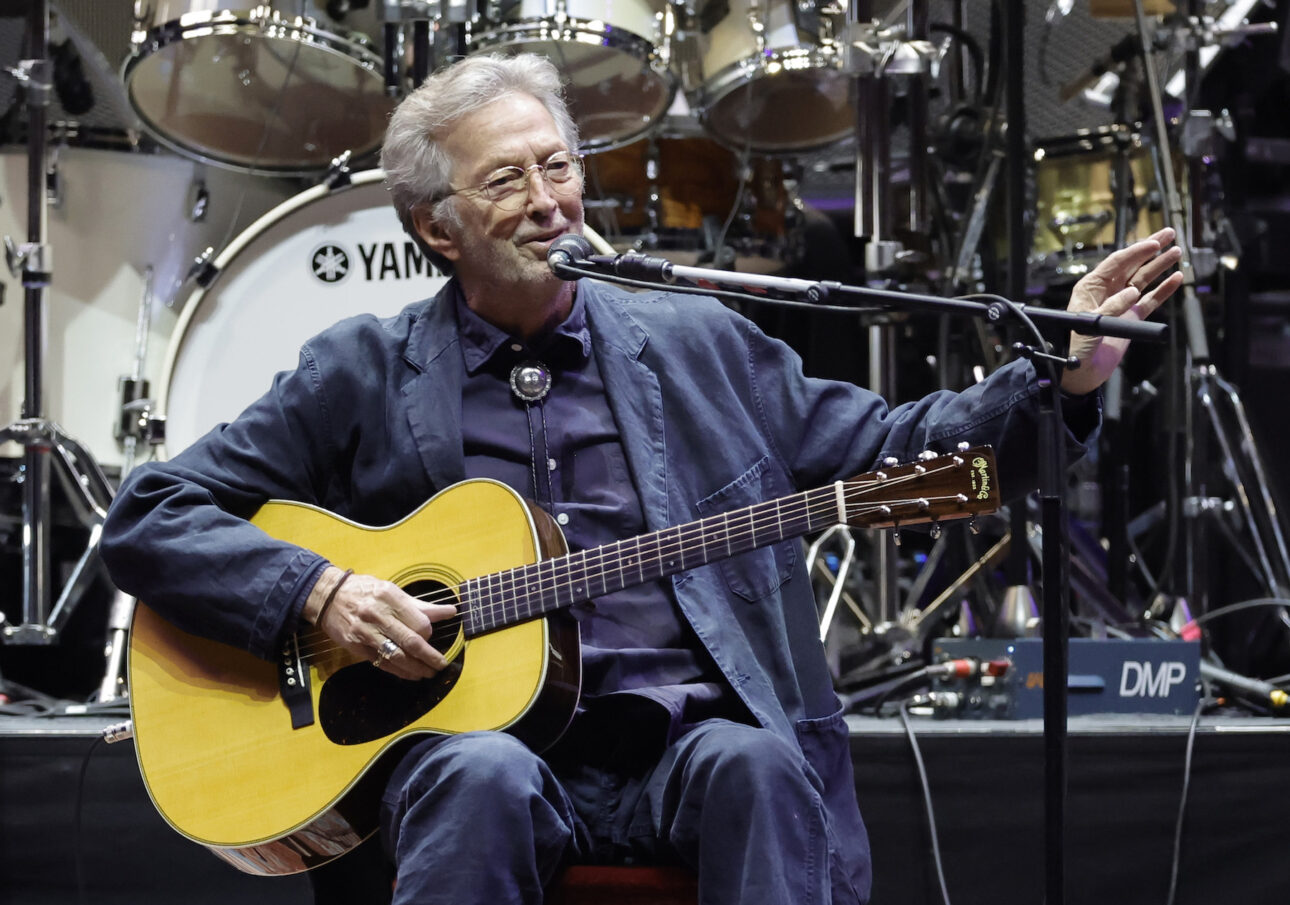
The Unplugged phenomenon came along at a time when the image-conscious artificiality that’s for better or worse always part of pop music had become particularly malignant. MTV played a large role in that, constantly airing Milli Vanilli and C+C Music Factory videos that, it was later revealed, featured lip syncing performances by people that weren’t actually singing the songs. Giving audiences a chance to appreciate artists that could really play and really sing in a back-to-basics format was a necessary corrective, even if it probably also extended the dominance of the dad rock canon for another decade.
These days, artists over 45 aren’t regularly sweeping the Grammys like they once did, and it’s been a long time since a live album got an Album of the Year nod. It’s probably for the best that white British blues guitarists aren’t so central to the mainstream’s concept of good music anymore, but there are still millions of fans who can listen to Unplugged and remember the last time that Clapton was God.
To see our running list of the top 100 greatest rock stars of all time, click here.



